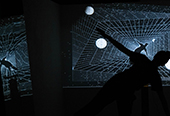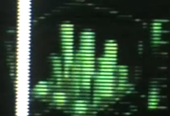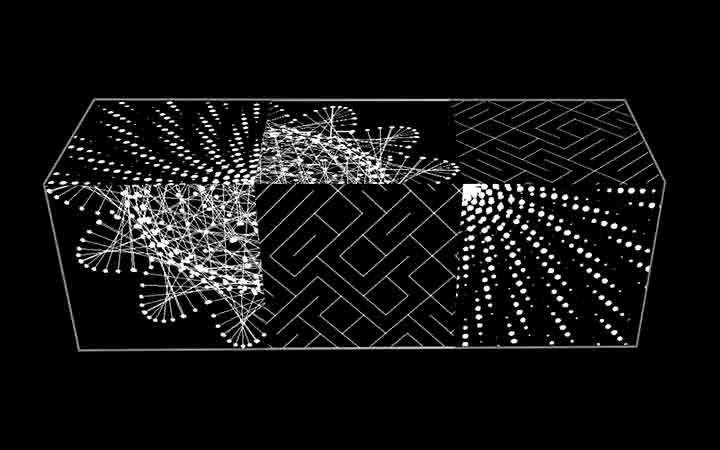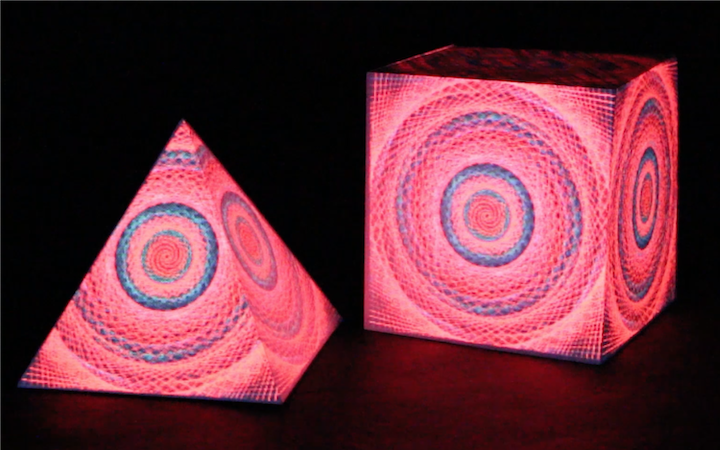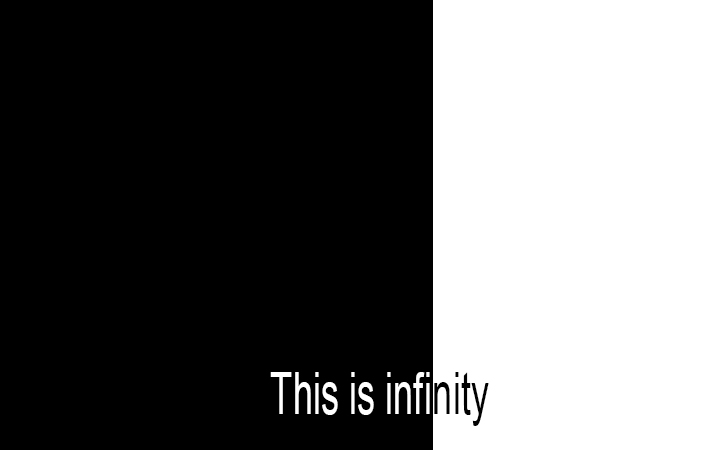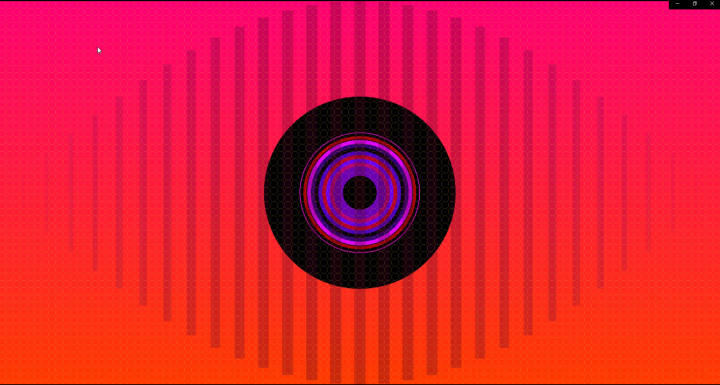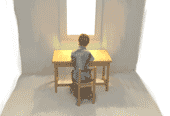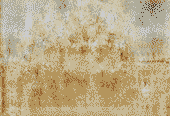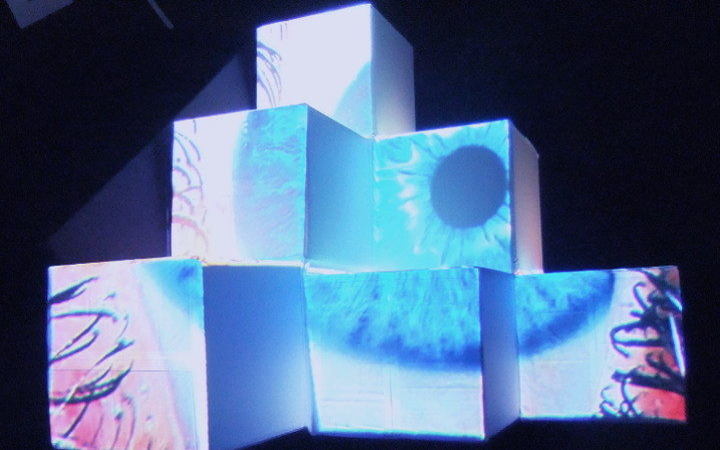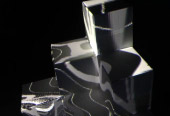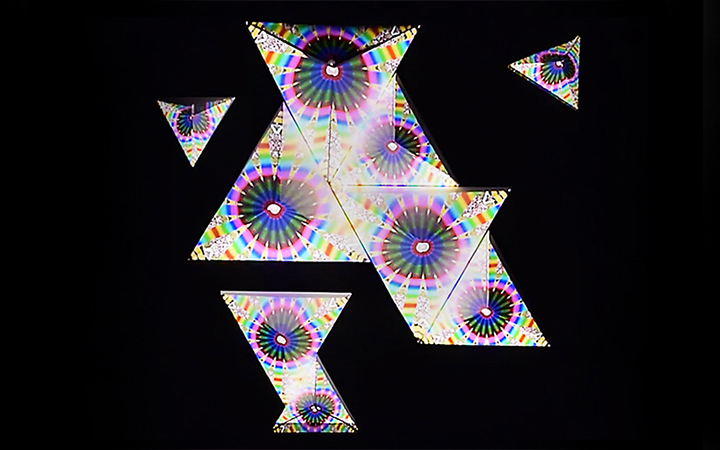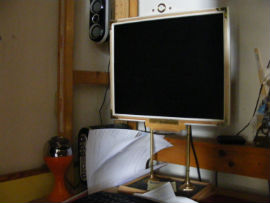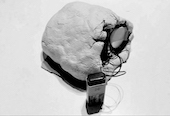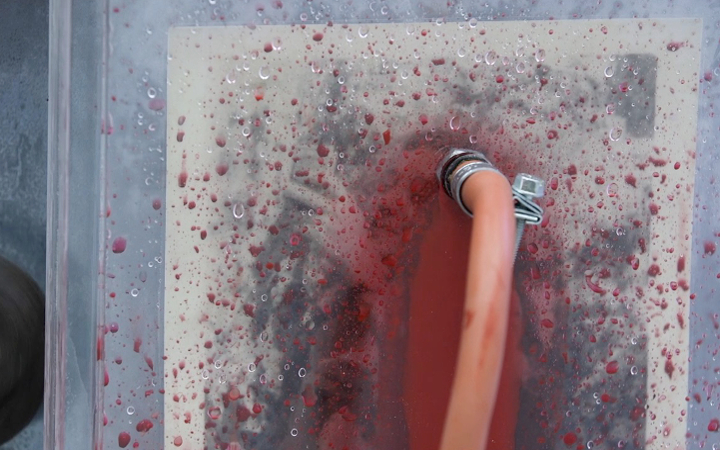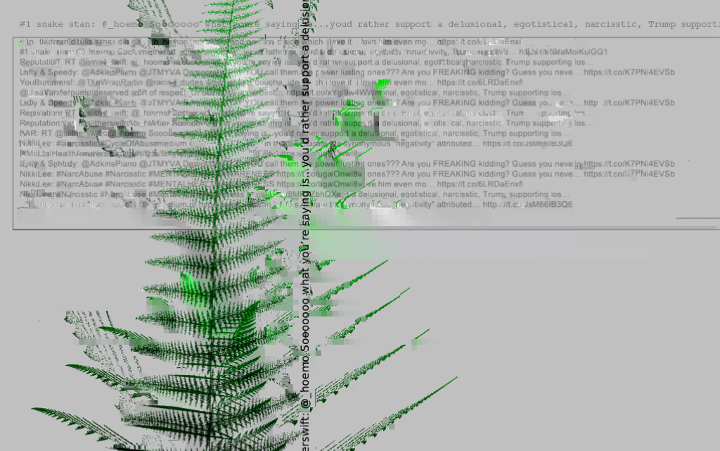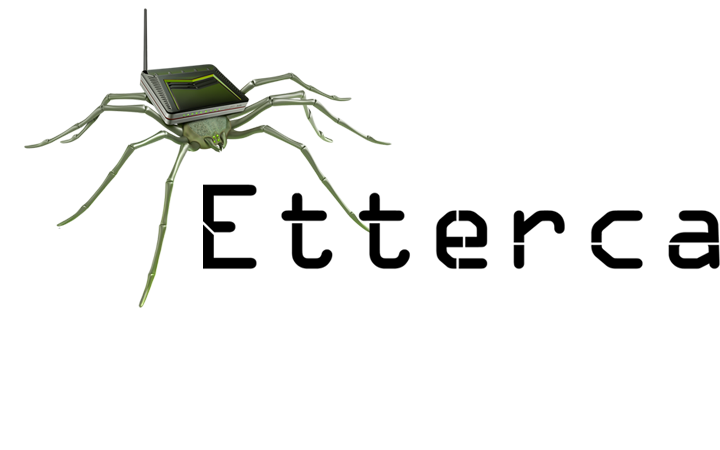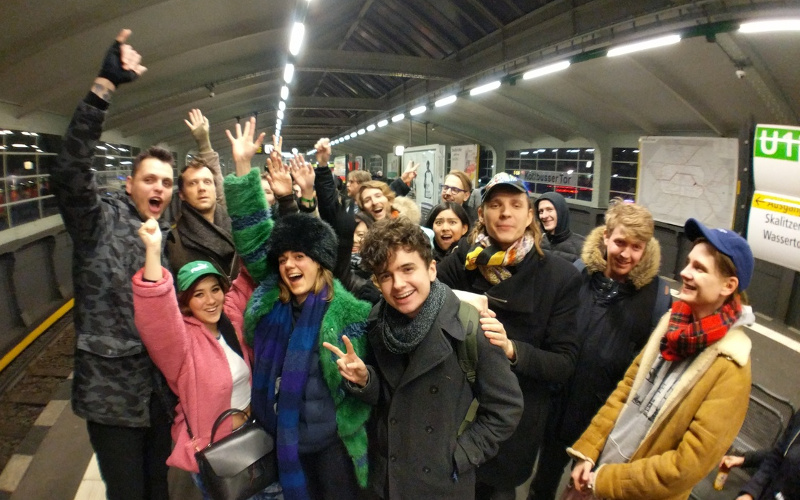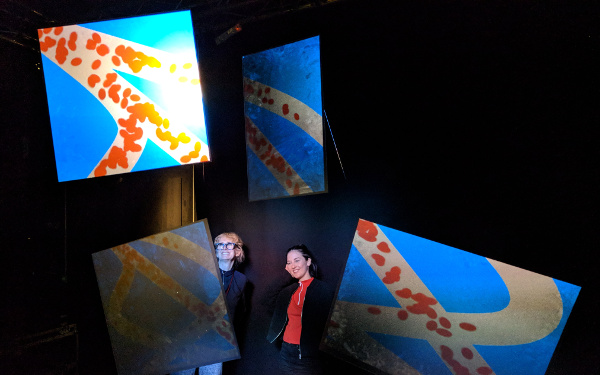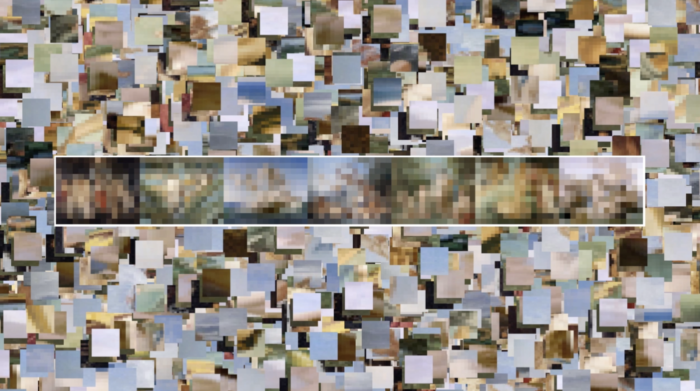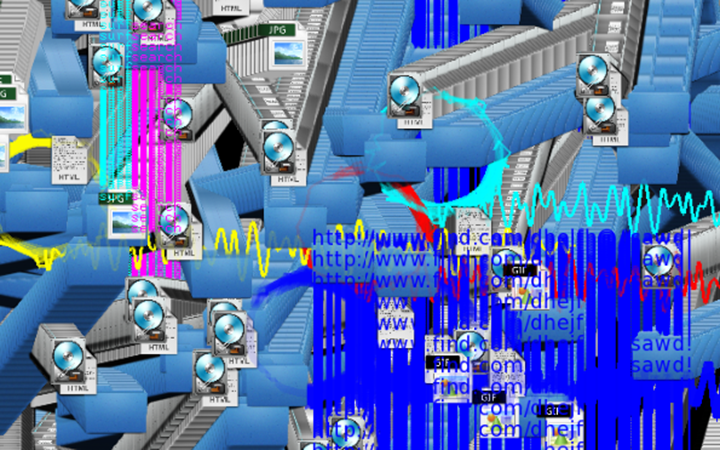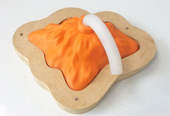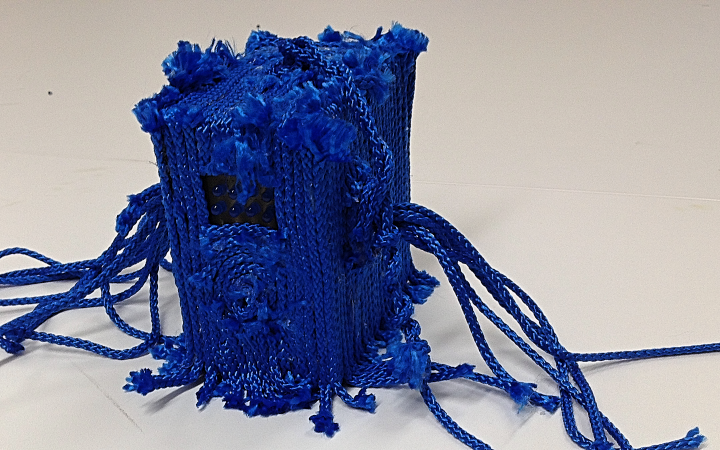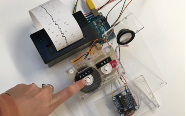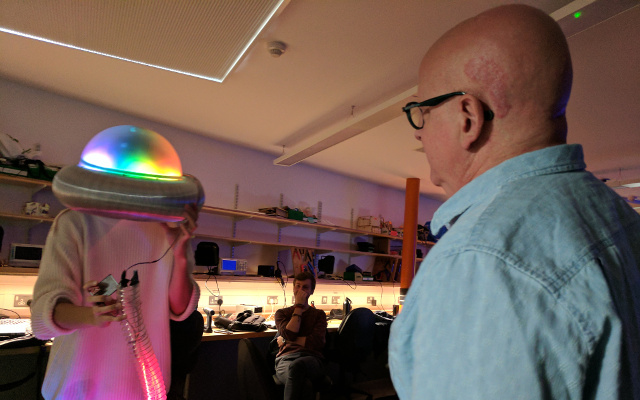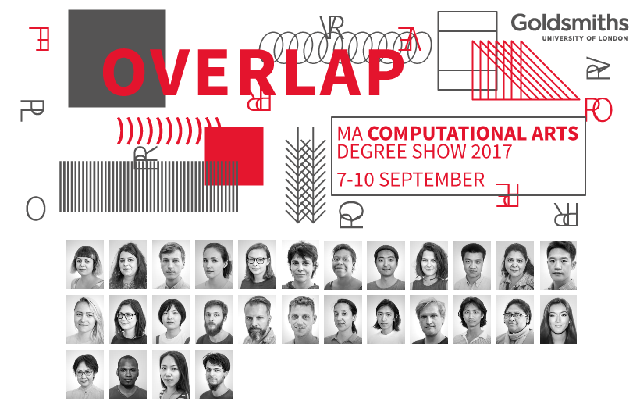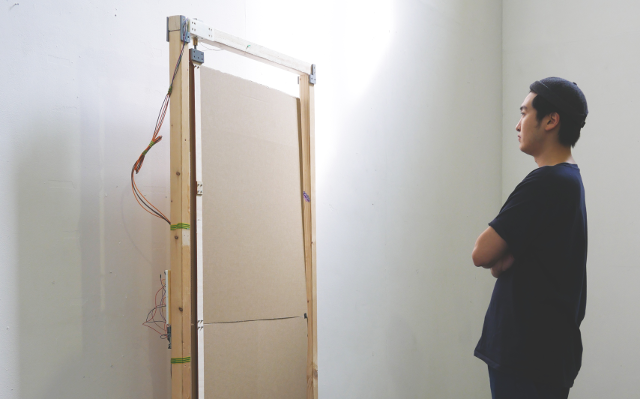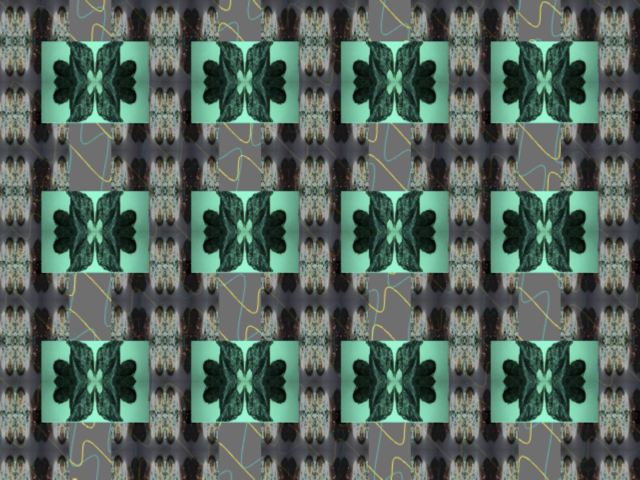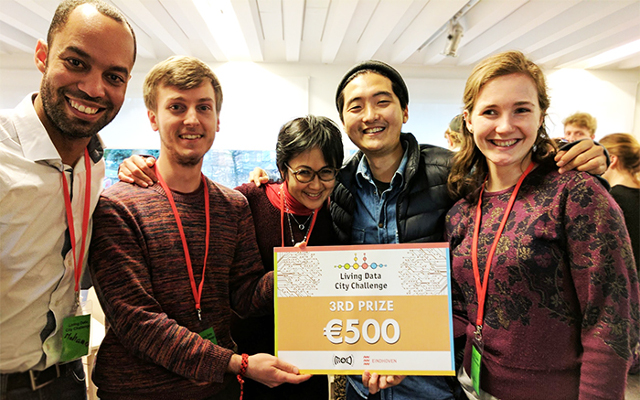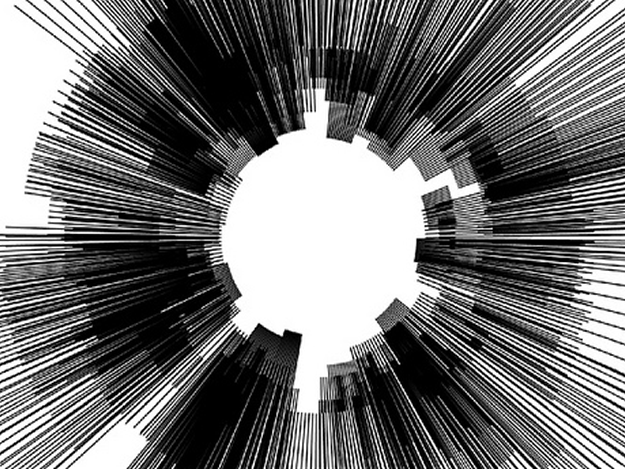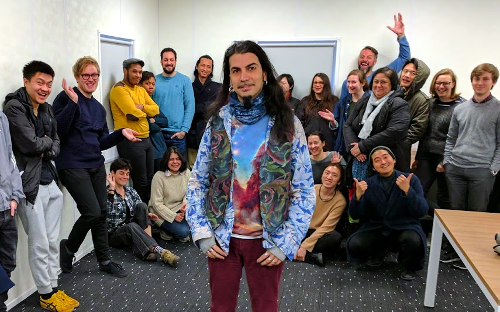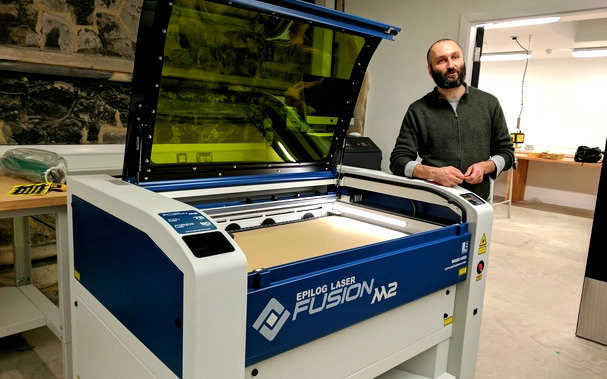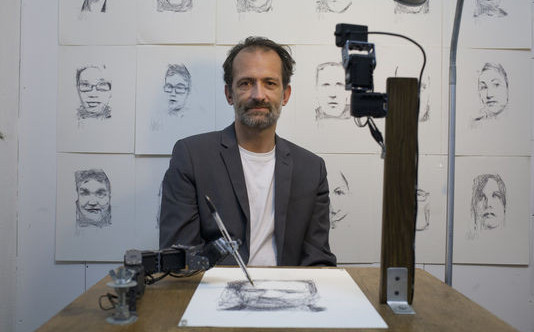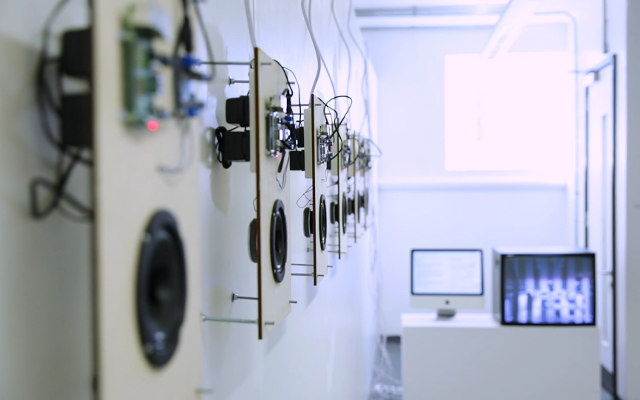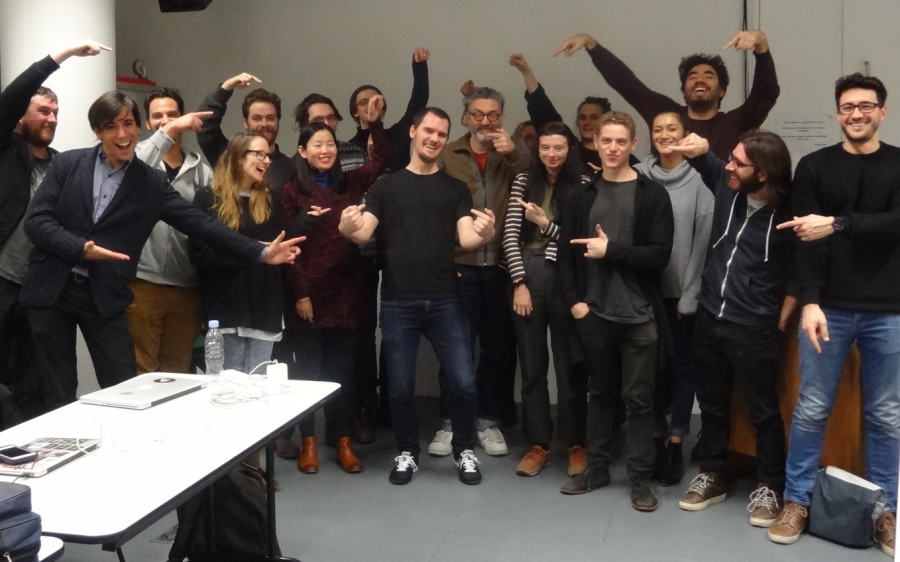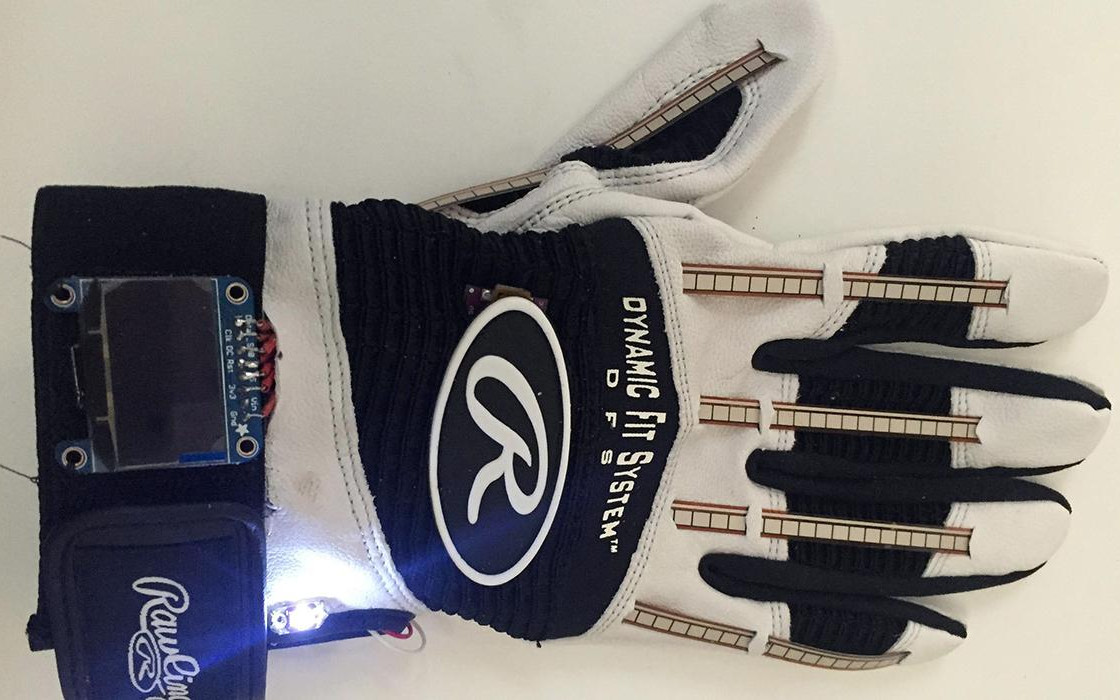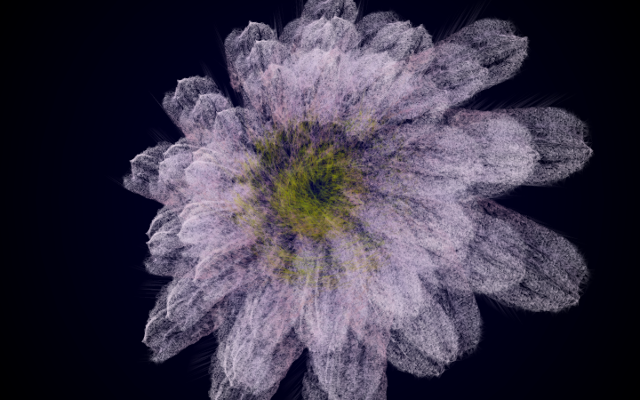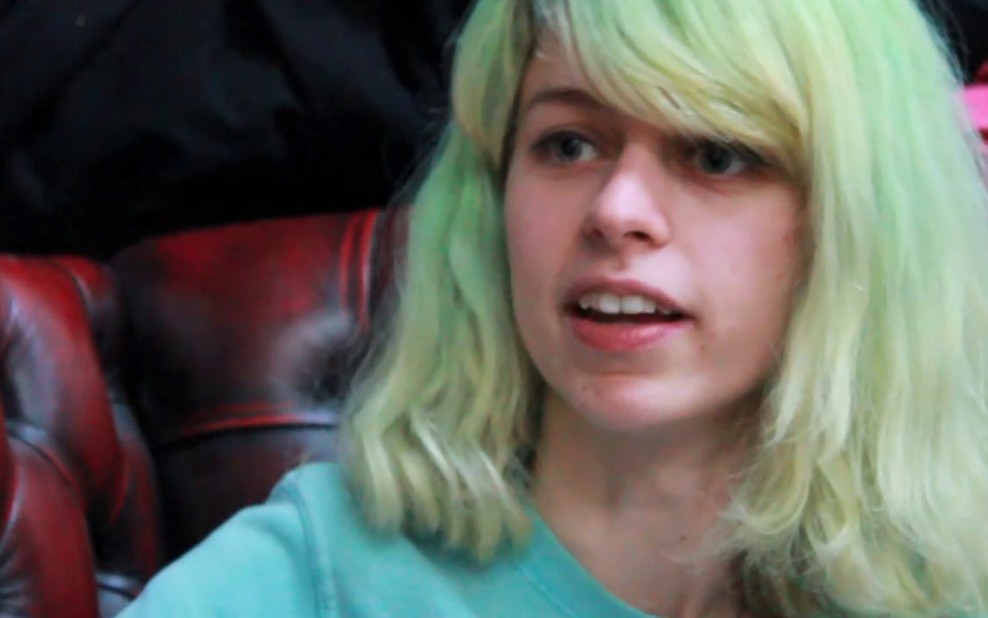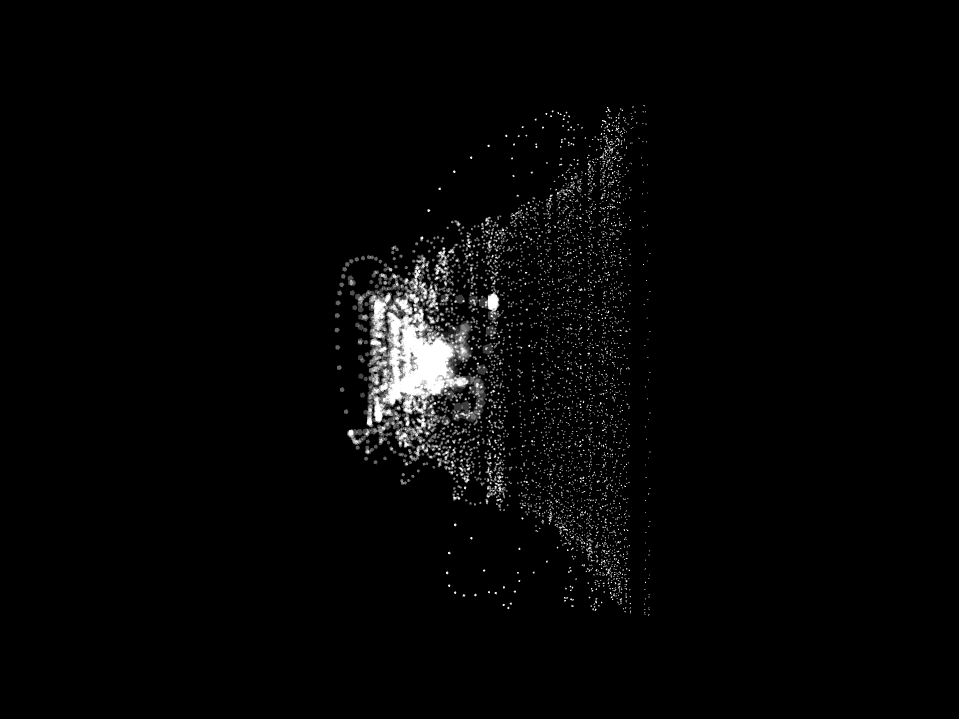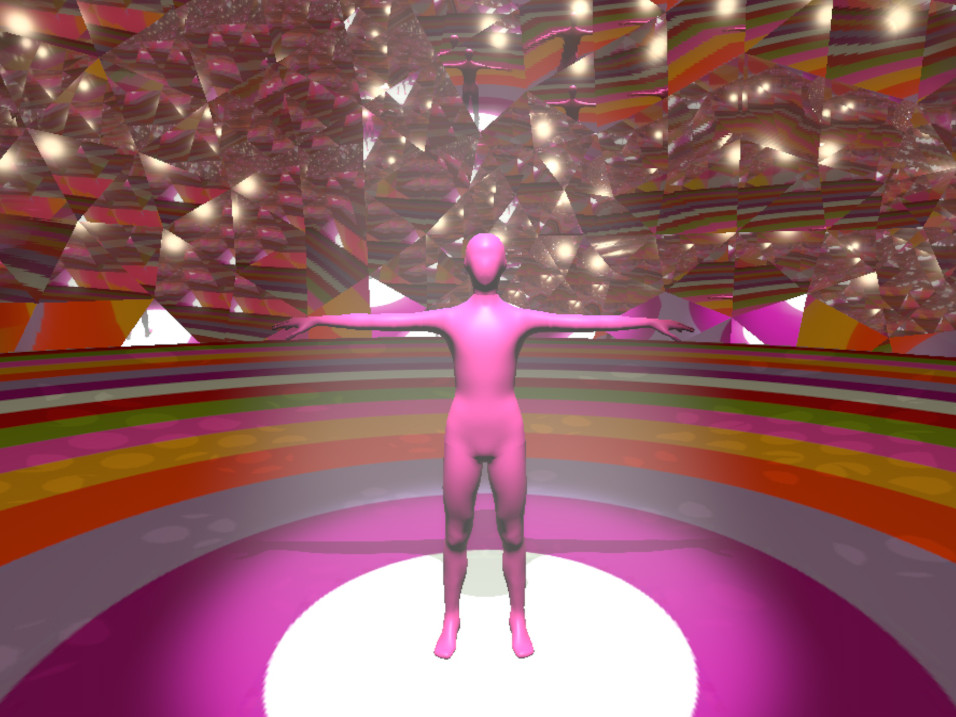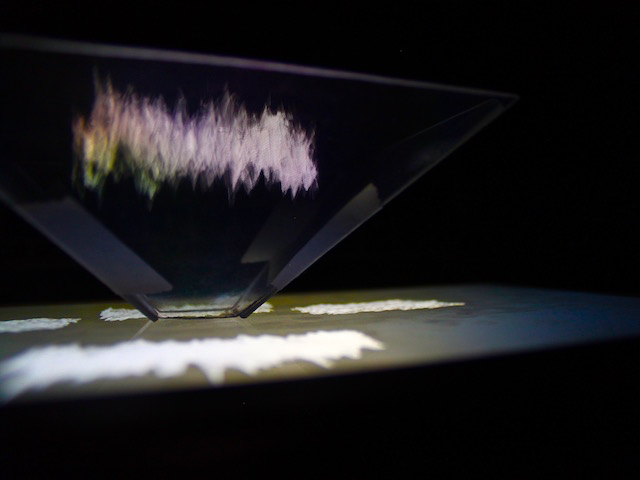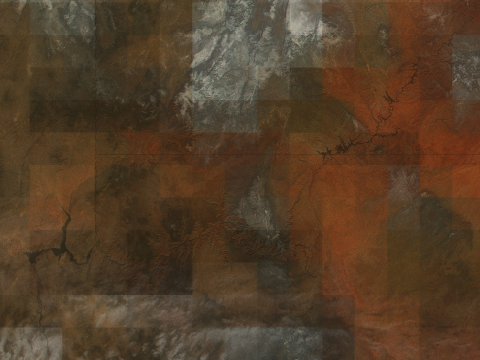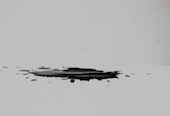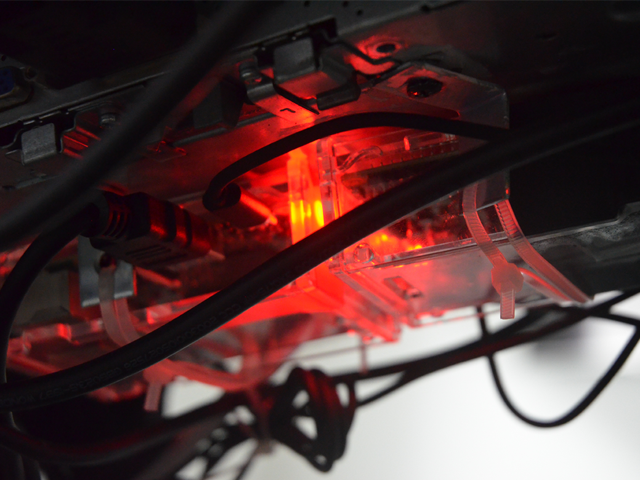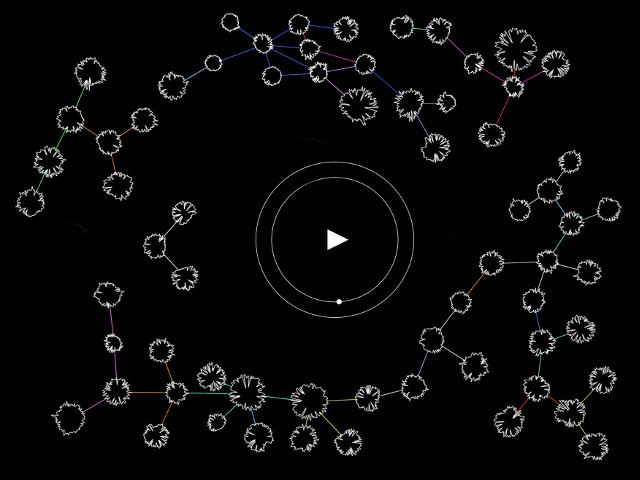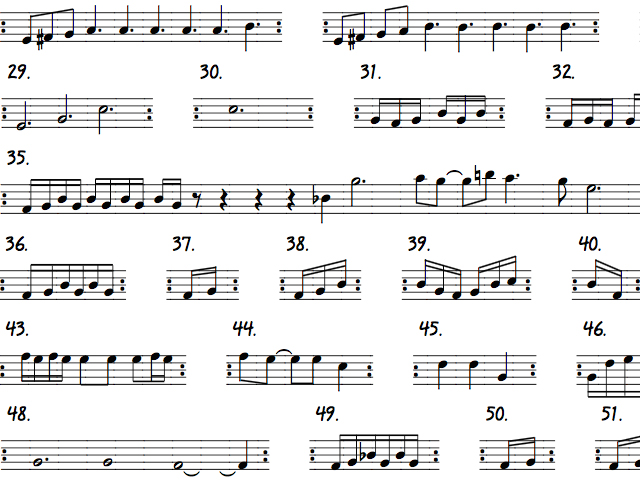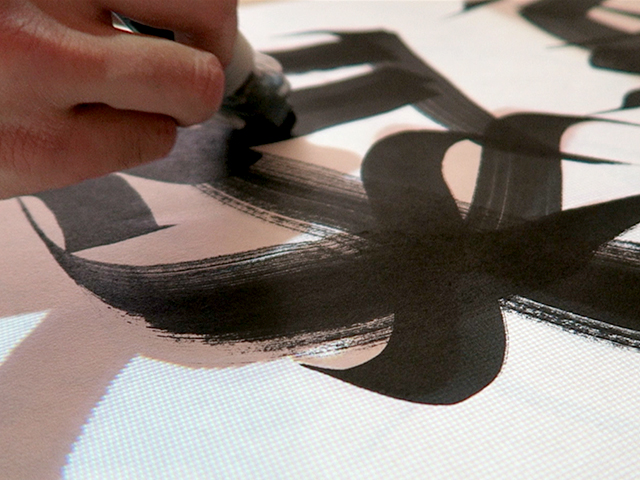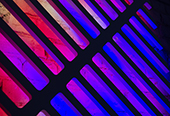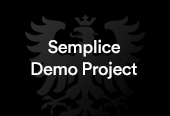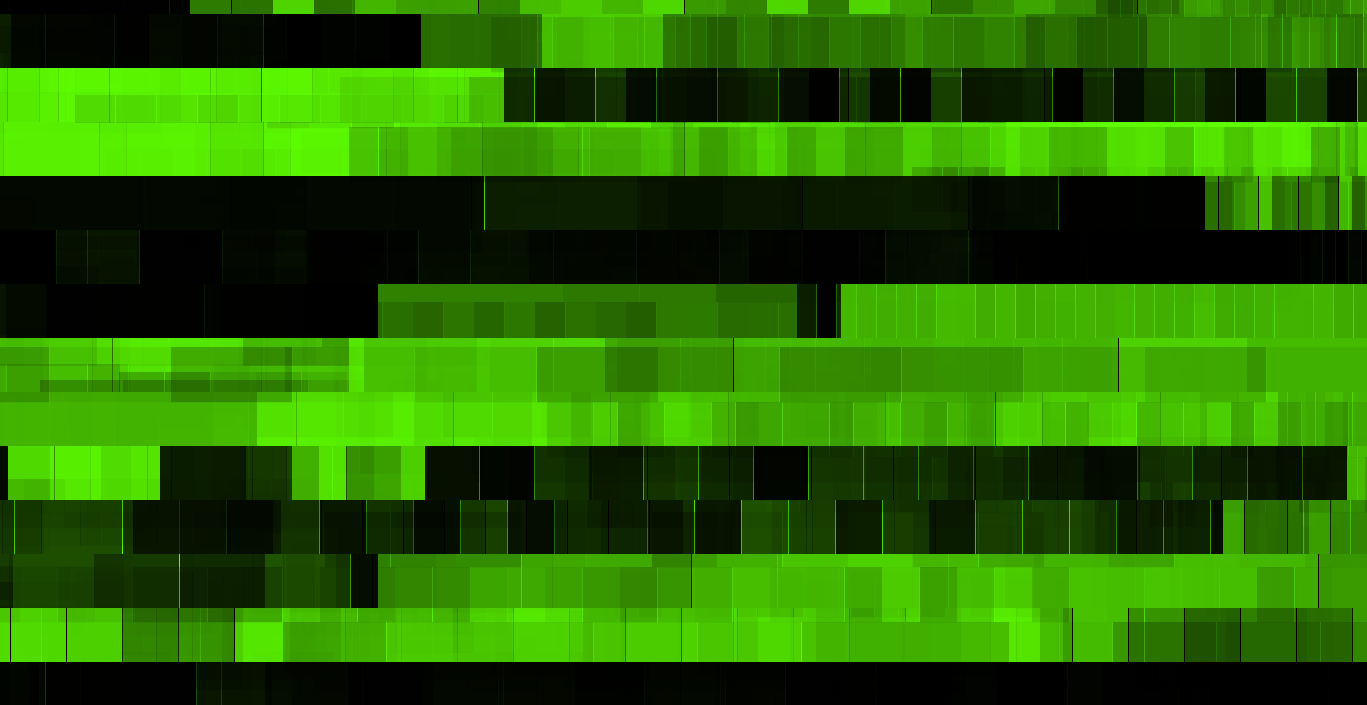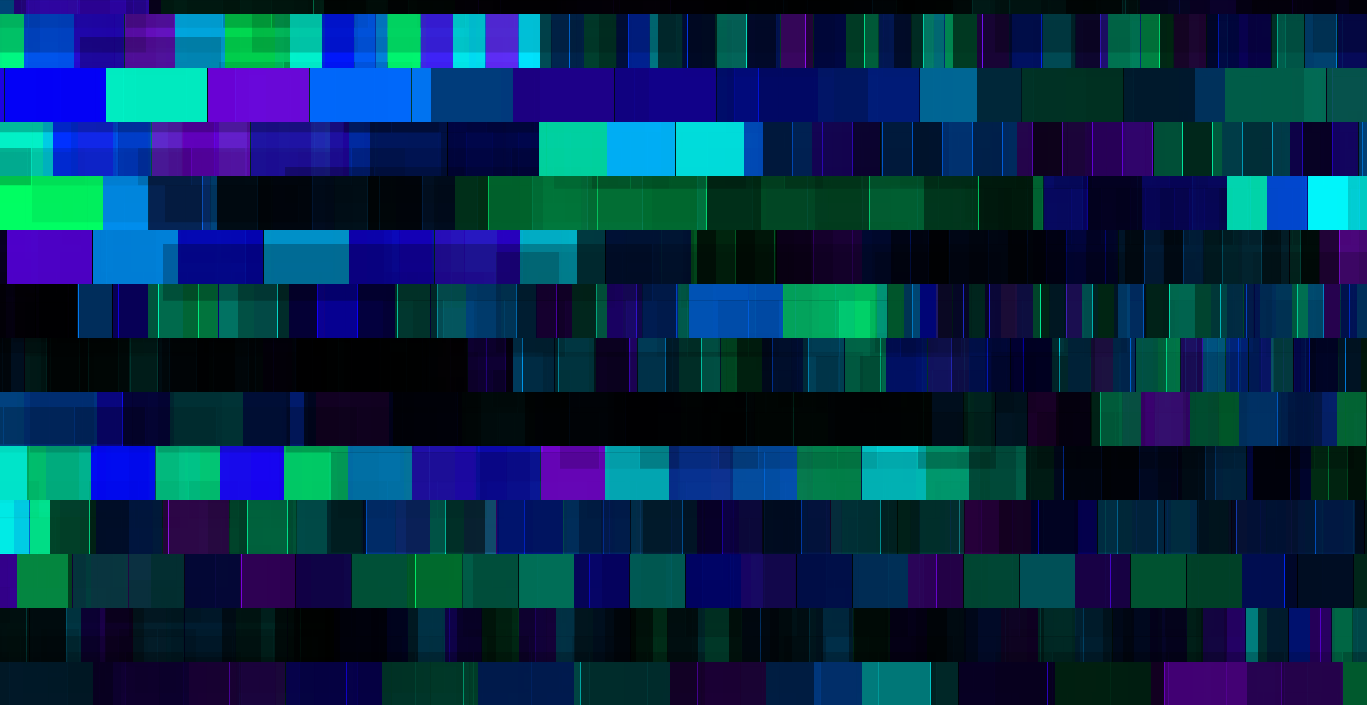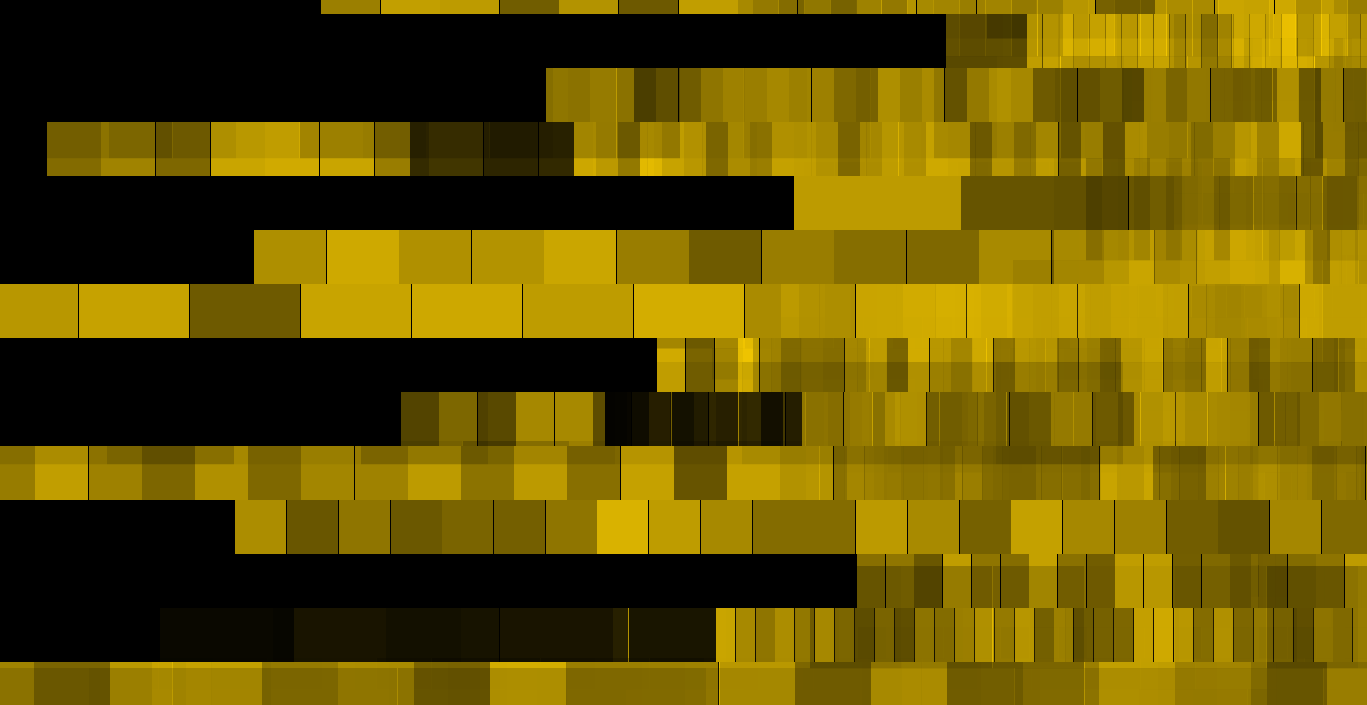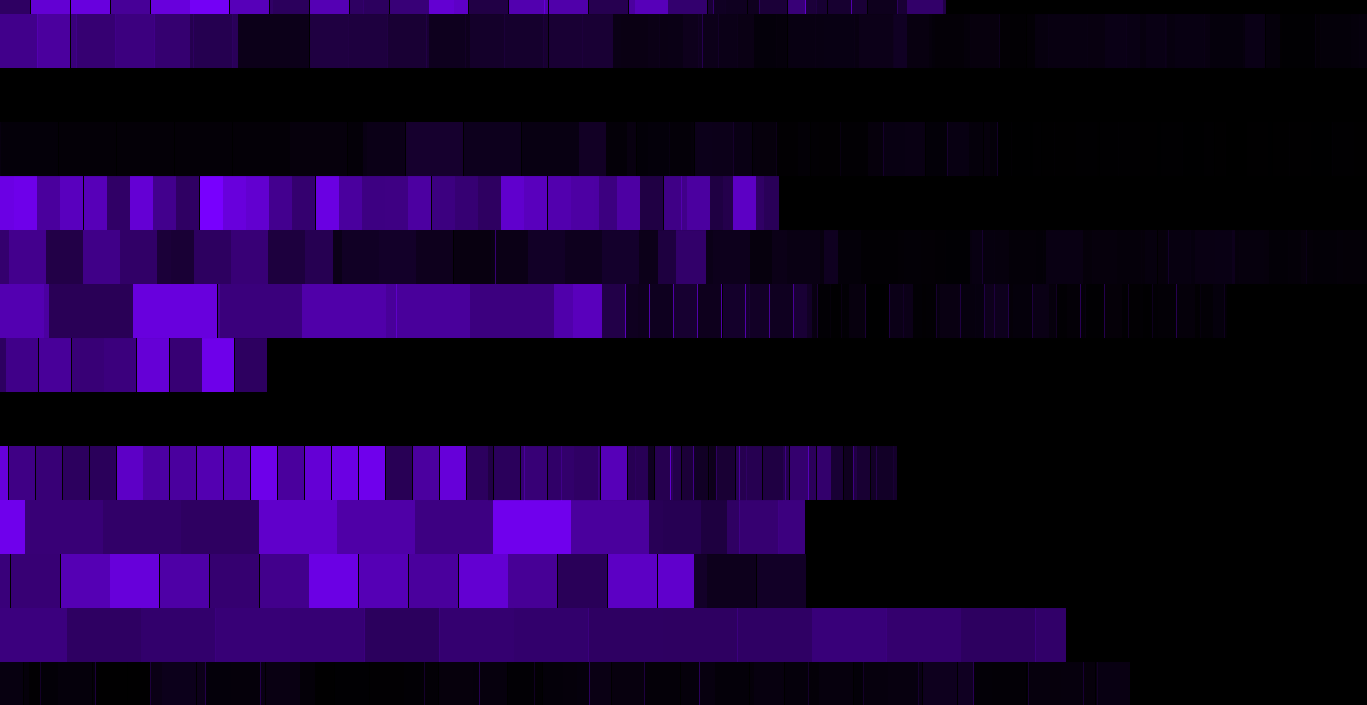Everything Glitched
I woke up one morning, and everything had glitched. London fell silent. Empty streets, closed shops, face masks... I sat in tears on my balcony.
Everything had glitched. My work is an audio-visual response to that morning, the morning I woke up and everything had glitched.
produced by: Kris Hillquist
Introduction
"Everything Glitched" is an audio-visual response to that morning, the morning I woke up and everything had glitched. The visuals are grungy. The sound is deliberately repetitive, disjointed, and at times out of sync and key. As the work is a generative and randomised piece, the video is a three-minute demonstration. The work mirrors the distress and repetition of life under Covid 19 lockdown. It is best heard very loudly, through good speakers or quality headphones. It does not happily lend itself to the politeness of tinny laptop speakers.
Concept and Background Research
Glitch art generally refers to art that makes use of internal system errors, or corruption to provide unexpected aesthetic results. Society and the world at large have glitched, and the results are both horrifying and beautiful. Human death and the grinding halt of the economic system stand in stark contrast to the return of nature and wildlife. The deliberate glitching of my code mirrors this dichotomy. Dark and light, chaos and beauty exist simultaneously.
Technical
This work is entirely coded in Open Frameworks. I used the ofxPDSP add-on to generate the sound. I experimented with both ofxMaxim, and ofxPDSP and chose the later for greater versatility in sound design and sequencing. The documentation for ofxPDSP is extensive, and so is the add-on. I experimented with different forms of sequencing. It took considerable effort to achieve a stable build.
I have a background in sonic art and electronic music. This knowledge enabled me to consider sound design confidently. I used the examples provided in the documentation as initial templates and then sculpted the sound to my requirements.
Originally I had planned to use the "Game of Life" as a method of generating the visuals. I altered the rules to reflect the current health crisis, but I was not happy with the results. I needed to create a less organic effect. I decided to code simple moving rectangles in a grid. I slowed the framerate in only the graphics section in order to provide a glitchier effect and through controlled randomness, and layering of patterns achieved the desired result.
Future Development
This project easily lends itself to future development. Avenues I would like to explore are the projection of the work, with the audio through powerful speakers. It is, at present, a screen-based work due to constraints on space and equipment.
To develop the work further as a performance piece, I would control the sound filters, mixing parameters, and sequencing via Osc. For development as an installation, I would experiment with the Kinect for viewer interaction and control.
The sound palette and sequencing are limited at this point. Further development would include expanding and refining both of these components.
Self Evaluation
Overall I am happy with the work. As I am a first-year student doing the course part-time, I was limited in code integration. As a result, I worked solely in Open Frameworks. I feel more robust and confident in my C++ skills, as well as vastly improving my ability to design and debug a programme.
I would have liked to have had the sequencer, especially the section on the lead sound providing more variety. It proved very challenging to dynamically alter the frequencies using the method I had chosen. I want to solve this problem!
I also had envisioned dynamically changing the width of the rectangles. Despite trying a wide range of methods to pass the variables to the graphic class, the code crashed. I could not solve this problem. I was able to change the HSBA, and RGBA values and assumed the same method would work for other variables. Unfortunately, this was not the case! This problem will need a rework of the graphics sequencer.
References
The example code provided in the ofxPDSP add-on. The add-on was written and published by Nicola Pisanti and is available from
https://github.com/npisanti/ofxPDSP


